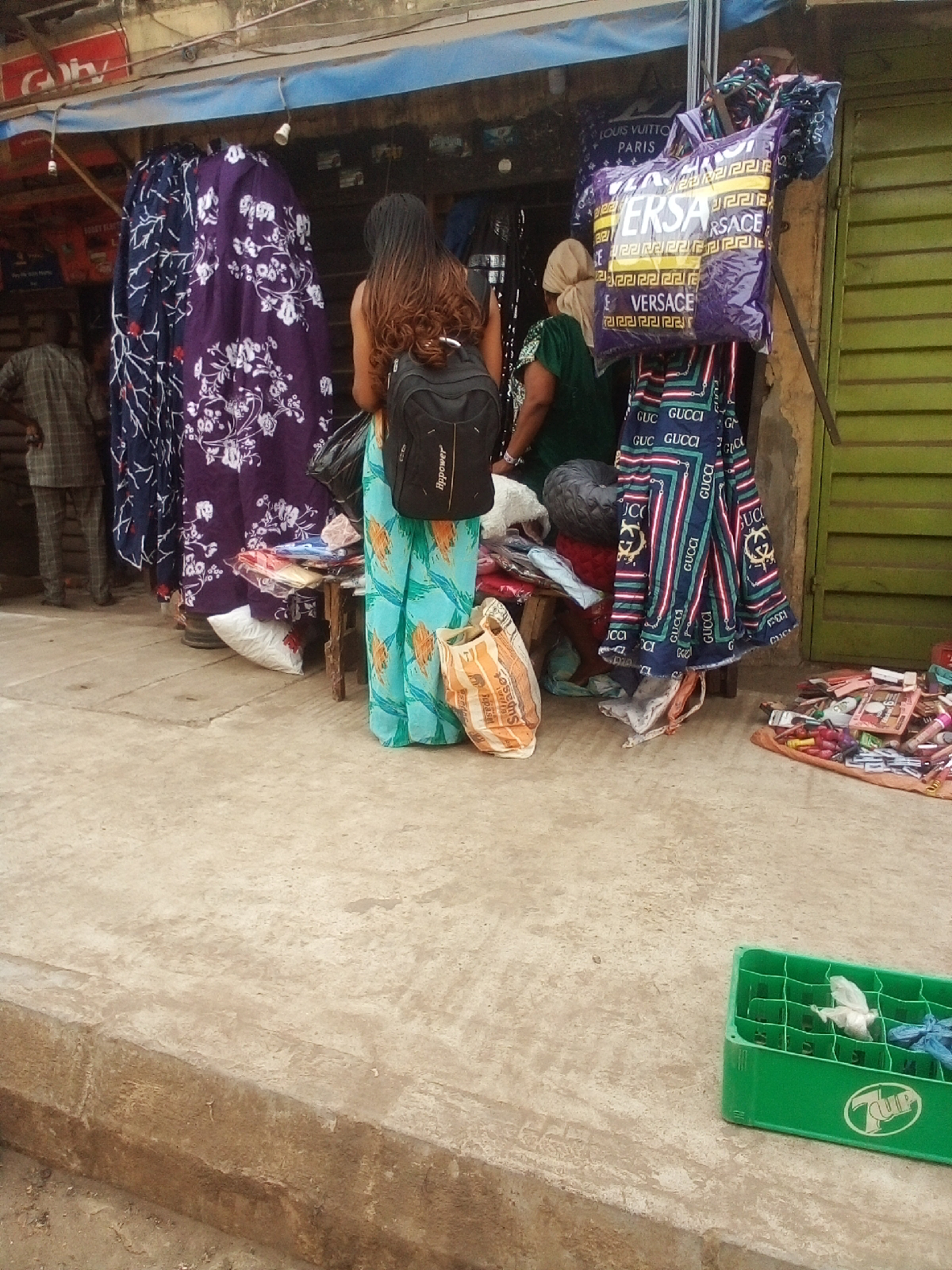People always move (including me). They move to:
Workplaces
Market
Schools
Shoping malls
Visit their relatives and friends.
Their movements misnamed transportation prime alot of things to travel with:
Cloths and shoes to wear
Gifts to offer
Soaps to bath with
Body creams to rob
And perfumes and to wear.
How would carry all these necessary items at the time of travelling to choice destinations?
Back packs and hand bags become must-haves or necessity in such situations.
If you can understand what people care about when they do what interests them, you might go a long way to offer a generous help profitably!

Comments
Post a Comment